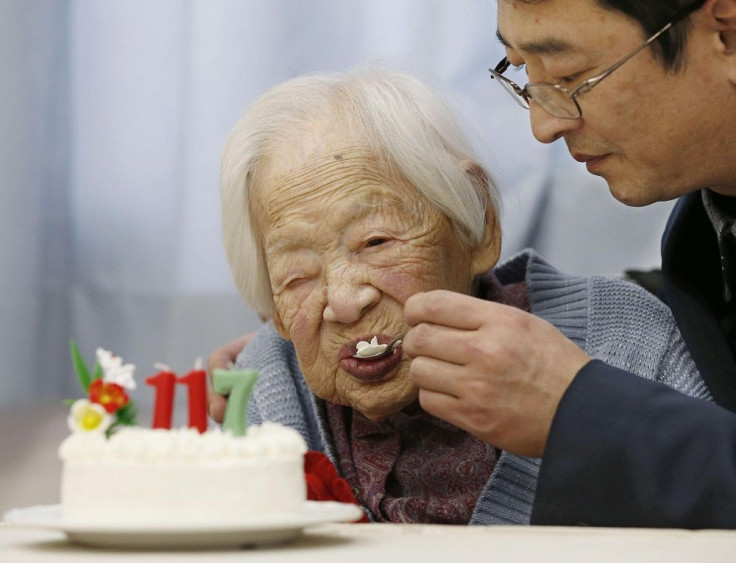Difference in biological and chronological ages determines higher risk of getting & dying from cancer

If there is a big difference between chronological age and biological age, a person has higher risk of dying of cancer. The discrepancy between the two could be a new early warning sign of cancer, says a new study by Northwestern University.
To measure biological or epigenetic age, it is computed based on an algorithm that measures 71 blood DNA methylation markers. These markers could be modified by a person’s environment, including diet, exercise, obesity and environmental chemicals.
However, the test is not yet commercially available since academic researchers, which includes a team from Northwestern, are studying it. With DNA methylation, a cluster of molecules attaches to a gene and makes it more or less receptive to biochemical signals from the body. However, the gene does not change.
The study, published in EBioMedicine, is the first to find a link between chronological and epigenetic age with development of cancer and cancer death using multiple blood samples collected over time. The samples showed changing epigenetic age which permitted more precise measurements of biological age and its relationship to risk of cancer.
In contrast, other studies used blood samples that were collected only during a single time point. The Northwestern researchers used 834 blood samples collected from 442 participants who did not have cancer when blood was collected from 1999 through 2013.
A year of increase in discrepancy between the two ages resulted in a 6 percent increased risk of acquiring cancer within three years which jumped to 17 percent within five years, reports Medical News Today. People who would likely develop cancer would be biologically older by six months than their birth age, while a difference of 2.2 years is a predictor of death by cancer, according to the study.
Yinan Zheng, first author of the study and a predoctoral fellow at the university’s Feinberg School of Medicine, says, “Our results suggest future researchers should focus on the epigenetic-chronological age discrepancy for its potential to show a big picture snapshot of human health and disease at molecular level.” Northwestern researchers are also studying if lifestyle changes such as more exercise and healthier diet could lower a person’s epigenetic age.
After almost 100 years since epigenetics was established, a wide variety of ailments, behaviours and other health indicators show some level of evidence linking it to epigenetic mechanisms. The list includes various types of cancer, cognitive dysfunction, respiratory, cardiovascular, reproductive, autoimmune and neurobehavioural diseases, reports NCBI.





















